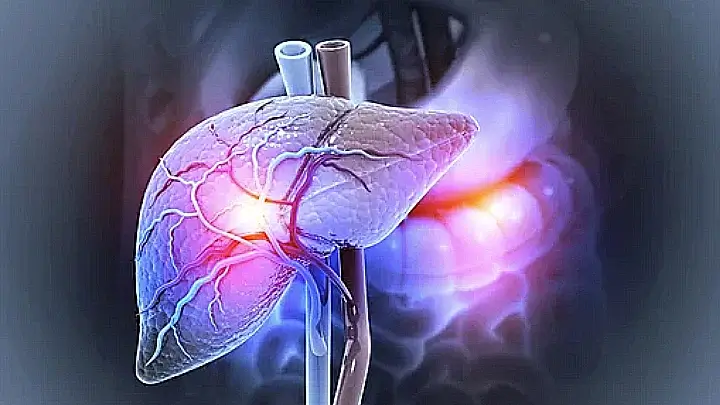Weight Loss Psychology Quiz

Fatty Liver Weight Loss Psychology Quiz
What situations or emotions typically lead you to snack or nibble on food?
At what times of the day do you usually feel the need to reach for a snack?
How long has it been since you felt you were at a healthy or ideal weight?
Have any major life events in recent years contributed to weight gain?
Do you believe that you are a failure?
Do you often feel like you are worthless or without purpose?
Do you feel that being your authentic self would make others dislike you?
Do you think that if someone loves you, you must constantly prove your worth because it might not happen again?
Do you sometimes feel like your absence would go unnoticed or uncared for?
Do you feel that you deserve love and respect?
Do you think maintaining a healthy body depends mostly on luck?
Do you believe that success is possible if you try hard enough?
Do you think you consistently make smart and healthy food choices?
How often do you feel guilty, upset, or depressed after overeating?
How often do you try your best given the constraints of a situation?
Do you often think about ways to improve or change a challenging situation?
How often do you create strategies to help you get back on track after setbacks?
Do you try to keep challenges or difficult situations in perspective?
How often do you allow yourself to seek support from others?
Do you find opportunities to laugh, even during difficult times?
Do you often feel the need to be alone?
Your Fatty Liver Weight Loss Psychology Profile
Understanding Weight Loss Psychology for Fatty Liver Management
Weight loss isn’t just about eating fewer calories or exercising more; it’s deeply connected to your mindset, emotions, and habits. For individuals managing fatty liver disease, these psychological factors play an even greater role. Emotional triggers, such as stress or sadness, often lead to overeating or poor food choices, which can exacerbate liver health issues.
The Weight Loss Psychology Quiz is designed to help you identify key behaviors and emotional patterns influencing your weight loss efforts. It focuses on questions about snacking habits, emotional eating triggers, and self-perception. These insights provide a foundation for creating a sustainable plan tailored to your needs.
For example, if stress is a primary trigger for overeating, incorporating stress management techniques like mindfulness or light exercise can help. Similarly, identifying feelings of guilt after eating may indicate the need for a healthier relationship with food.
Resilience After Setbacks
Weight loss journeys are rarely linear. Setbacks, like an indulgent weekend or missed workout, are natural. What matters is how you bounce back. The quiz’s question, “How often do you create strategies to get back on track after setbacks?” is designed to assess your ability to recover from lapses.
Why Mindset Matters in Fatty Liver Management
Fatty liver disease can feel overwhelming, but a positive mindset can make a big difference. Addressing psychological barriers to weight loss helps build sustainable habits, reduces liver fat accumulation, and promotes overall well-being. Developing self-compassion and resilience is key—every step forward is progress, even if setbacks occur.
Taking this quiz can be the first step toward understanding your unique challenges and strengths. By exploring your psychological tendencies, you can tailor your approach to weight loss in a way that works for your lifestyle and improves your liver health.
Remember, you’re not alone in this journey. Seek support from healthcare professionals, friends, or online communities. With the right tools and mindset, positive change is not just possible—it’s achievable.
Take the quiz now to gain valuable insights and start shaping your path toward better health.
 Disease
Disease Diets
Diets Recipes
Recipes Supplements
Supplements Management
Management Calculators
Calculators Quizzes
Quizzes Glossary
Glossary









